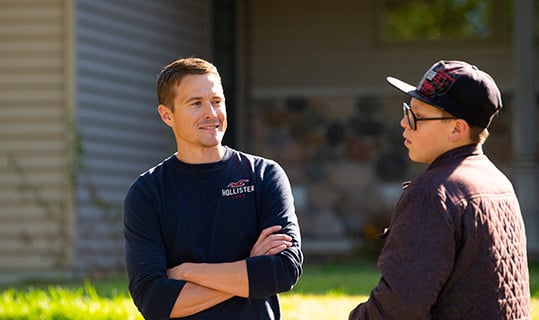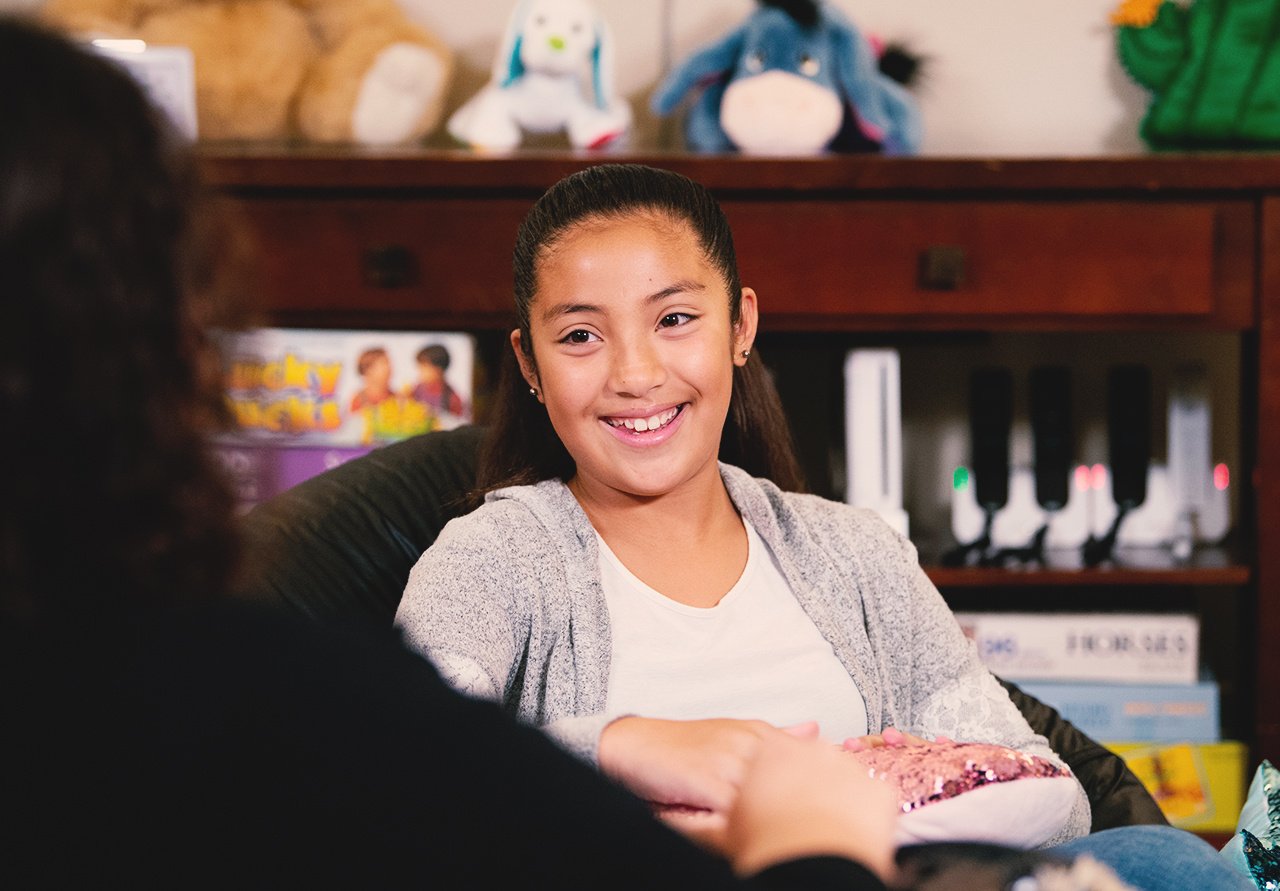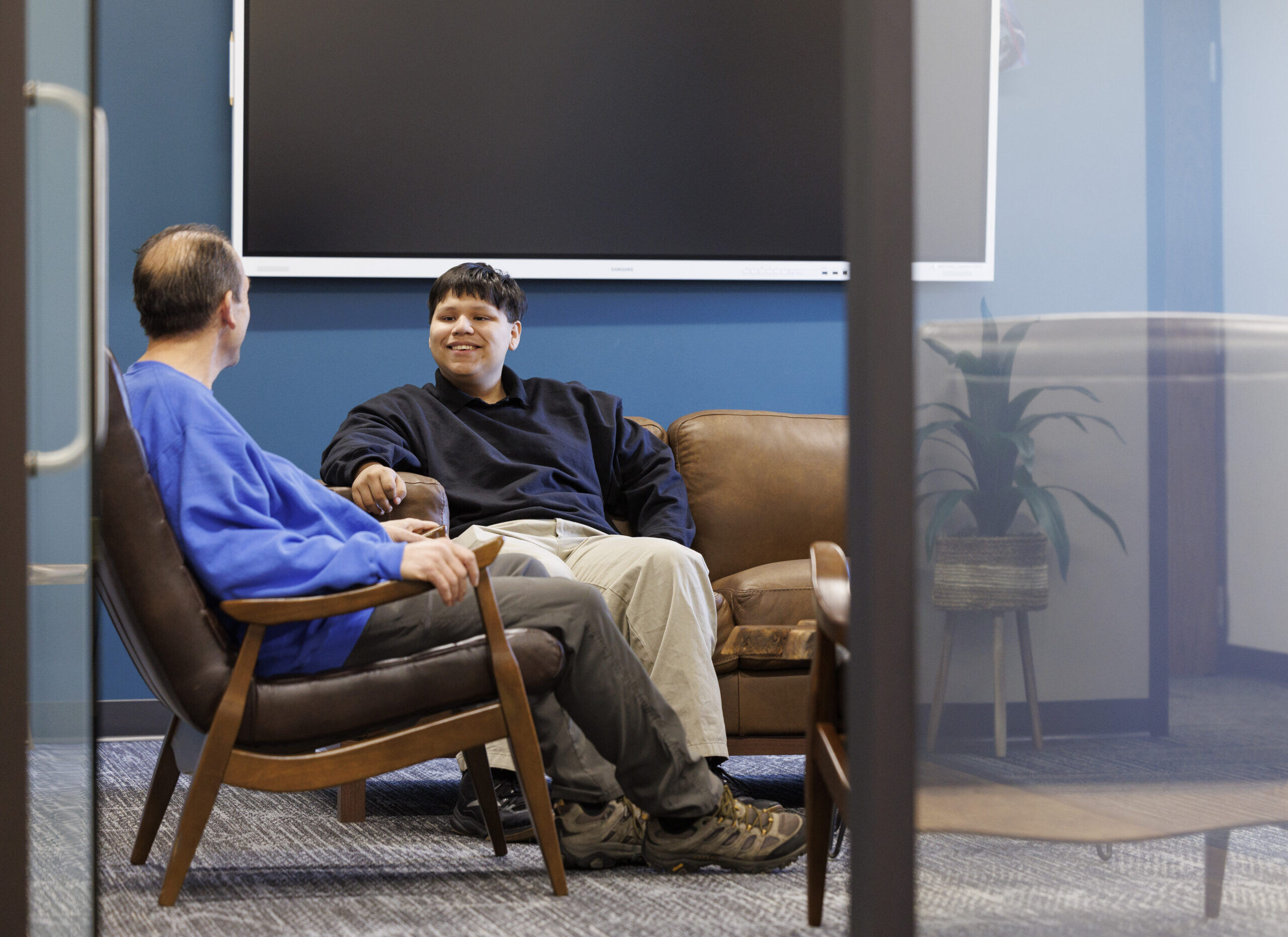
Shaping the future of our youth is a crucial task, and understanding the power of positive influences is key. Research shows that youth who participate in positive youth development programs tend to engage in less risky behavior and are more likely to transition successfully into adulthood.
The youth development specialist plays a critical role in this process. These professionals provide guidance, support, and resources to help young people reach their full potential.
This article explores the roles and responsibilities of the youth development specialist job description, as well as the skills needed to succeed in this role.
Interested in positively impacting the lives of youth? Check out Rawhide’s youth development opportunities.
What is a Youth Development Specialist?
A youth development specialist is a professional dedicated to helping young people develop into well-rounded adults. Their work often includes planning and implementing programs that support youths’ mental, emotional, and social growth. These specialists may work in settings like schools, community centers, or residential treatment facilities, tailoring programs to suit specific groups such as at-risk youth or children in foster care.
In addition to “youth development specialist,” some of the most common job titles that appear for these specialists are:
- School Social Workers
- Family Advocates
- Family Support Specialists
Typical roles for youth development specialists include mentoring, coordinating community service projects, facilitating social activities, and providing academic support. They may also be responsible for providing resources such as job training and career counseling.
Youth workers in this role create safe spaces where youth can express their feelings and share their experiences, providing support and helping them develop skills such as problem-solving and communication. They can also provide referrals to organizations offering further assistance, such as youth counseling resources.
Skills and Qualities of a Successful Youth Development Specialist
Professionals in this field need a well-rounded set of skills and personal qualities to work with youth effectively. These characteristics are distinct yet complementary, each playing a vital role in the holistic development of young individuals. Some of the skills and qualities found in the youth development specialist job description include:
Professional Skills
- Effective communication: For youth development specialists, effective communication extends beyond verbal and written communication. Listening actively, understanding nonverbal cues, and adapting communication styles to meet the needs of diverse youth are essential for building strong, supportive relationships.
- Inspirational leadership: Youth development leaders don’t just direct activities; they get involved to empower and encourage youth. Effective leadership involves setting an example, creating a supportive environment, and helping young people realize their potential.
- Collaborative teamwork: Successful holistic youth development requires a mixture of perspectives and expertise. Working well with people from multiple backgrounds — including educators, social workers, and families — is crucial for youth development specialists.
- Creative problem-solving: A youth development specialist is skilled at identifying and addressing young people’s unique problems. Finding practical solutions that fit their needs and circumstances requires creative and critical thinking.
Personal Qualities
- Genuine empathy: Feeling empathy goes beyond simply understanding the youth’s perspective; it’s about connecting with them on a deeper level. An empathic approach means actively contributing to youth development and caring for their well-being.
- Adaptability and flexibility: Youth development continuously changes, requiring experts to adapt to new challenges, methodologies, and dynamics. Adaptability ensures effectiveness and relevance in various situations, including help with troubled teens.
- Cultural awareness: Understanding and respecting cultural differences is essential in our diverse society. Cultural sensitivity involves more than just tolerance; it requires actively valuing and integrating diverse perspectives into all facets of youth development.
- Patience and perseverance: Working with youth is a journey that requires patience. It is crucial to recognize that each young person grows and progresses at their own pace. Commitment and perseverance are equally important during a young person’s development, regardless of progress.
How to Become a Youth Development Specialist
Youth development careers combine academic preparation with practical experience to provide a rewarding experience. To meet the youth development specialist job description, you need to be at least 21 years old and have hands-on experience. Here’s a look at the most common education and experience requirements.
Education Standards
The journey to becoming a youth development specialist usually begins with formal education. Typical educational prerequisites include:
- Bachelor’s Degree: Most jobs in this field require a bachelor’s degree or higher. Study areas include youth development, human development, education, social work, and psychology. Bachelor’s degrees provide foundational knowledge of child development, learning theories, and intervention strategies.
- Master’s Degree: Although not necessary for entry-level positions, advanced positions may require a master’s degree in social work, youth counseling, or related fields. This route will provide a deeper understanding of developmental psychology, program development, and policy implementation.
- Certification: Professional certifications aren’t usually mandatory, but they can be helpful. Specialists might seek certification in youth mental health, first aid, child and adolescent development, or crisis intervention. A certification demonstrates specialized knowledge and a commitment to continuous learning.
- Internships: Many degree programs offer (or require) internships that provide students with direct experience in youth development settings such as schools, community centers, or non-profit organizations. Internships are a great way to understand the day-to-day responsibilities of a specialist and build a professional network.
- Volunteer Work: Volunteering with youth-oriented organizations offers practical experience and insight into the challenges and rewards of the field. Volunteer work might include mentoring, coaching, or assisting in after-school programs.
- On-the-Job Training: Entry-level positions in youth development often provide on-the-job training. Usually, this involves working under the supervision of experienced professionals, where newcomers can gain insight into best practices, organization policies, and practical youth engagement strategies.
- Continuing Education and Workshops: Participating in workshops and continuing education courses can help you stay current on the latest trends and practices in youth development. You can also expand your skill set and network through these opportunities.
Gaining Relevant Experience
Acquiring hands-on experience is an essential part of becoming a youth development specialist. Experience in the field helps facilitate learning by applying theoretical knowledge to real situations. Here are a few ways to obtain valuable expertise:
The Importance of Being a Youth Development Specialist
Youth development specialists play a vital role in society by preparing young people for successful adulthood. Professionals in this field focus on nurturing essential attributes known as the ‘Five Cs’ — Competence, Confidence, Connection, Character, and Caring/Compassion. Successfully transitioning to adulthood requires developing these traits, which support goals such as financial independence, intellectual development, and emotional stability.
The youth development specialist is essential in working with at-risk youth who lack a robust community network. They provide a comprehensive mix of services, opportunities, and support (SOS) to improve the environment and development of these young people.
In addition to basic needs, the SOS approach encourages skill development, community engagement, and supportive relationships that nurture a sense of belonging. Young people need this network to flourish, learn, and contribute to society, highlighting the need for youth development specialists.
Embracing the Mission of Youth Development with Rawhide
Youth development specialists make a significant difference in young people’s lives. Through their comprehensive and empathetic assistance, they help young people grow, learn, and contribute positively to their society.
With Rawhide, our mission is to transform lives through youth development. As a Youth Development Specialist with Rawhide, you can significantly impact young people and their futures. If you’re passionate about making a difference, consider joining the team.
Apply now to start your journey in transforming lives as a Youth Development Specialist with Rawhide.










